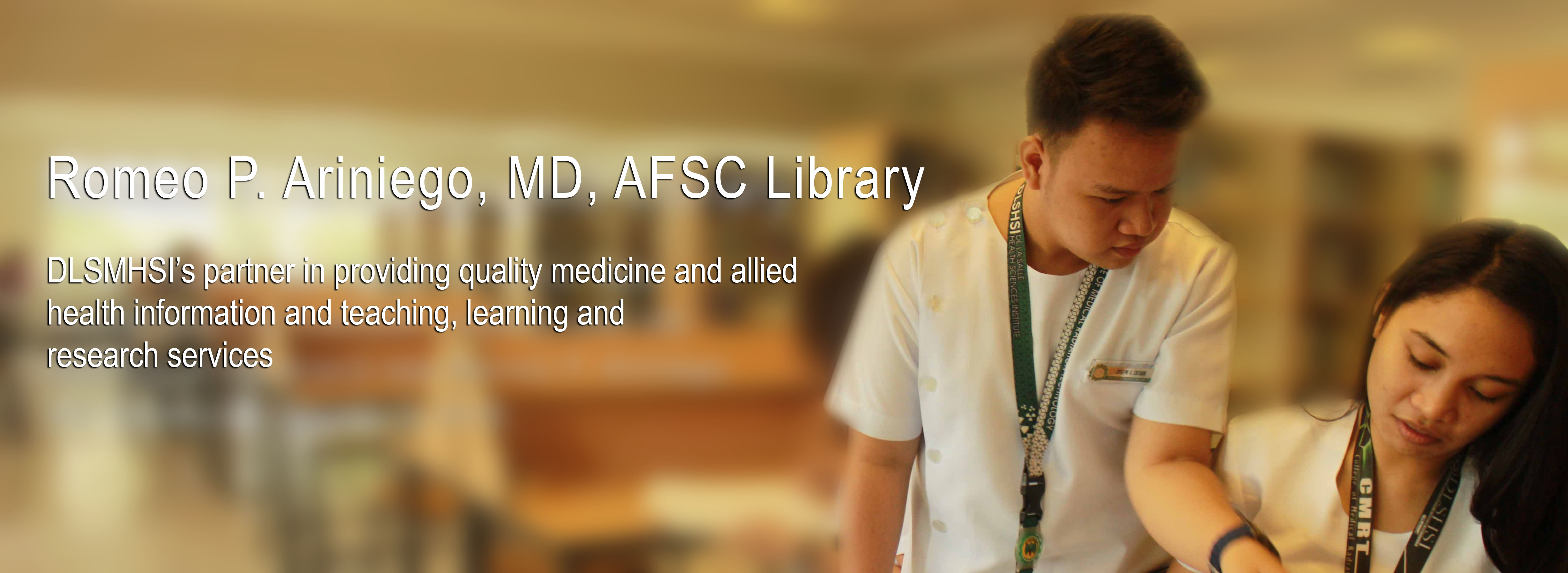This program shall be delivered primarily online with some face-to-face requirements. Most of the teaching and learning activities can be conducted through the Learning Management Systems and other video conferencing platforms. There are instances that students are required to be physically present at the GSMHS-DLSMHSI. For students doing laboratory-based research topics, there is a need for them to work physically at the DLSMHSI laboratories or in other designated laboratories. However, a research laboratory/program in the social health sciences may not necessarily require a PhD student to be physical present in campus but clear and effective communication with the research laboratory/program leader and members must be ensured.
There are two units that will greatly support the online delivery of the proposed PhD program.
The Center of Innovative Education and Technology Integration (CIETI) aims to develop and promote the online component of the Institution. This unit has been in existence in the past 3 years that manages the Learning Management Systems – Blackboard. This LMS will be the main platform for the online coursework and research advising activities of PhD students. It also conducts various training on online learning and teaching. (Please see Appendix D).
The Romeo P. Ariniego, MD, AFSC Library is another unit that provides resources in support to the online delivery of this PhD program. This unit aims to support teaching, learning and research functions of the Institution. It maintains several dozens of online databases of thousands of journals as well as e-books of diverse topics in the health sciences disciplines. They also conduct several training sessions relevant to research initiatives of students. (Please see Appendix E).
Other Academic Support Units
The Center for Interprofessional Education and Practice (CIPEP) of the DLSMHSI shall primary handle the interprofessional component of this program, particularly on the delivery of IPE courses and assisting the GSMHS in ensuring the IPE component of every student’s dissertation.
The Center for Clinical Epidemiological and Biostatistics (CCEB) of the DLSMHSI will support the delivery of evidence synthesis courses as well as providing support in the supervision of evidence synthesis dissertation of PhD students. (See Appendix F on framework for the IPE in this program)
Other research centers of DLSMHSI may serve as training laboratories for PhD students. These include the Center for Basic Biomedical Research, Center for Biopharmaceutical Research, Center for Complementary and Integrative Medicine, Center for Tuberculosis Research, and Center for Academic Health Sciences Research. Students conducting research projects relevant to the thrust of any of these research centers may be involved in some of their research activities.
Lecturers, Panelists and Dissertation Advisers
- Coursework – shall be facilitated by professors who are experts in the specific course (inter-professional education, research syntheses designs, and scholarly publishing) and special topics in the health sciences.
- PhD Committee – shall be composed of a mix of professors active in health sciences education, and research and publication. This committee shall be composed of 5 professors. There should always be at least 2 internal members.
- Dissertation advisers – shall be comprised of professors active in research. There will be two (2) dissertation advisers for every student. The primary adviser must have been actively engaged in conducting research and published some articles in the past five years. It is an advantage if the primary adviser has direct involvement in ongoing research projects and/or have laboratories that may facilitate the necessary logistical support for PhD students as research mentees.
Lecturers, panelist, and dissertation advisers will be coming from both within and outside the institution.



